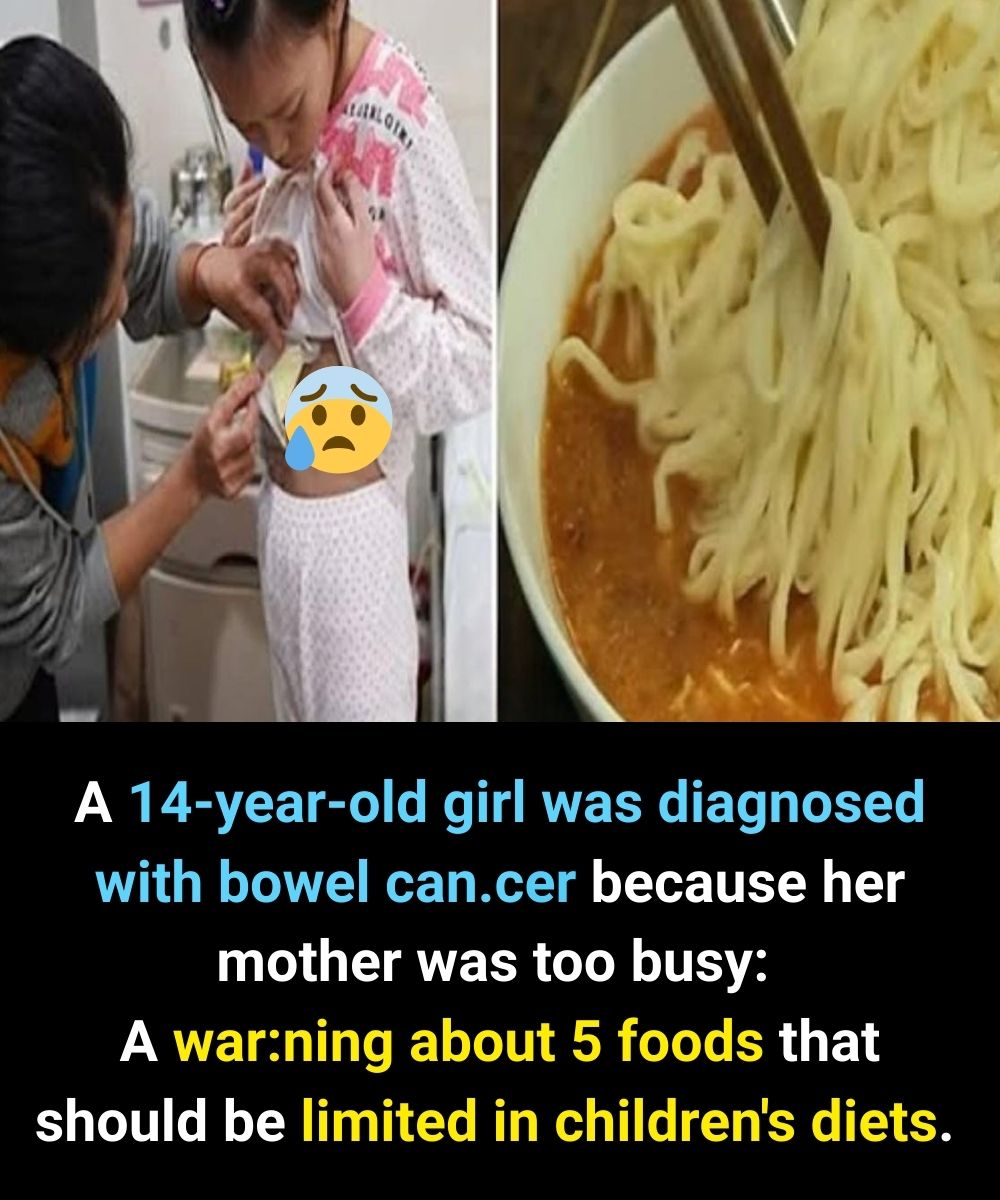Many mothers enjoy having eggs for breakfast, but they must be completely cooked. In Taiwan, a family fed their 2-year-old twins sukiyaki with raw egg dip. The youngsters acquired Salmonella, developed sepsis and a high temperature for four days, and required 14 days of hospitalization.
Always thoroughly cook eggs to remove bacteria—even if it means sacrificing flavor, health must come first.
2. Flavored or Additive-High Milk
Milk is crucial, but many products labeled as milk are actually processed beverages—like yogurt drinks with sweet flavors, walnut/peanut/date milk, or fruit-flavored drinks.
According to national standards, pure milk must consist of at least 2.9% protein. Anything lower does not modify.
Instead, give your child pure milk or natural yogurt and avoid additive-laden, sugary alternatives.
3. Leftover Dishes from the Previous Night
Studies find that overnight vegetables often exceed bacterial safety limits. Young children with teenaged digestive systems may grow gastroenteritis from eating them.
If necessary, heat leftovers thoroughly—preferably steam them for more than 10 minutes. Still, freshly cooked food is always best.
4. High-Sugar Snacks
Here’s how popular snacks translate into sugar:
1 bottle of yogurt drink = 66g sugar
1 bottle of orange juice = 48g sugar
1 soda = 35g sugar
1 butter cake = 44g sugar
1 snack box = 149g sugar (equivalent to 4 sodas)
Regular consumption of high-sugar foods, especially for breakfast, damages digestion, leads to obesity, nutritional imbalance, and weakens immunity.
5. Instant Noodles & Frozen Processed Foods
Instant noodles are rich in salt, impair taste sensitivity, and may cause hypertension or diabetes in adulthood.
Frozen dumplings, steamed buns, chicken nuggets, and steaks often consist of preservatives. Prolonged storage can present serious health risks.
Fast food breakfasts may be automated but endanger children’s long-term health.
